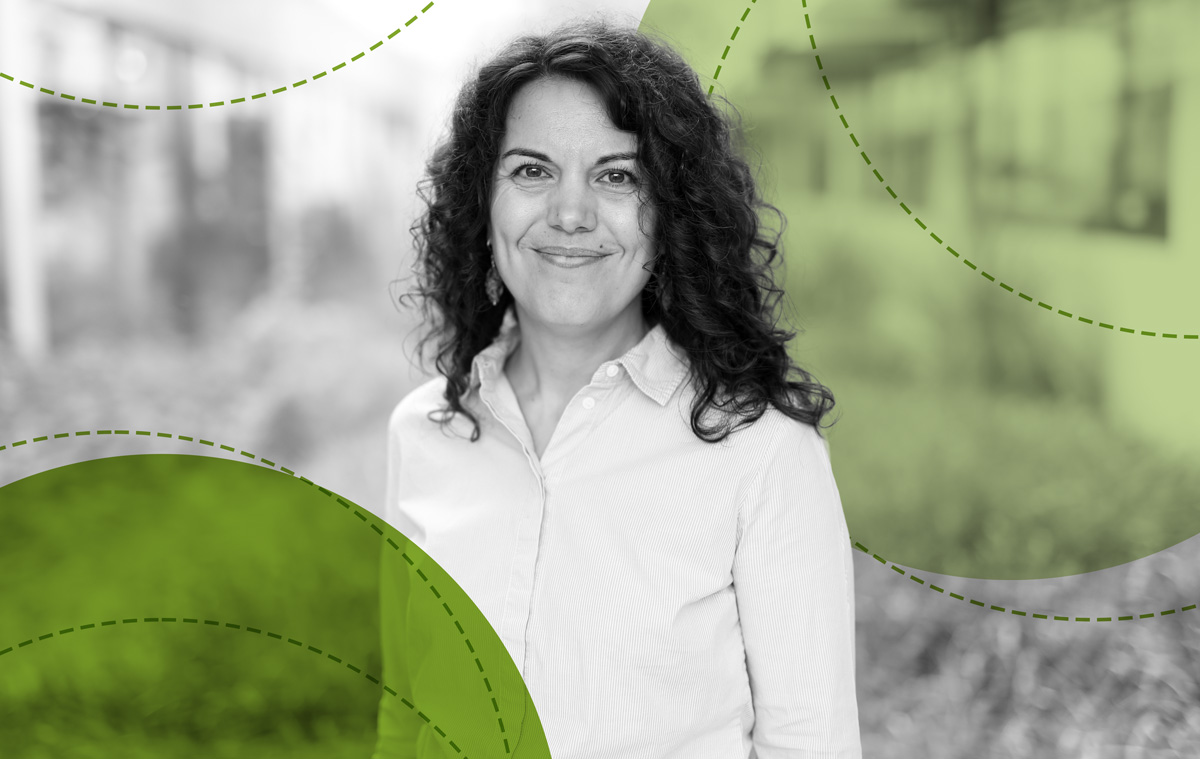Piešťany on the Váh River is Slovakia’s best-known spa resort and although virologist Ondrej Belan grew up there he never visited the spa. He has instead contributed to the Slovak economy by encouraging colleagues from Harvard Medical School to visit his native country.
The EMBO Postdoctoral Fellow is also contributing to Slovak and global science through his research into understanding the role of viruses in cancer development. “I originally studied medicine but switched to biochemistry. My PhD was on very basic biophysical technology, but I wanted to move into genetic technology that could potentially have more impact,” he says.
Belan says it was towards the end of his PhD during the global COVID pandemic that he decided to move into immunology. “I wanted to do research that was more easily translatable into tangible outcomes like cures for known diseases,” he says.
His EMBO Postdoctoral Fellowship enabled Belan to join Stephen J Elledge’s lab in the United States. “My current lab is perfect because they have developed a lot of new technological approaches although it is still purely focused on tangible outcomes,” he says. “EMBO was my primary sponsor for the postdoc.”
Belan says he was encouraged to apply for the Fellowship by successful friends. “They were very happy with the programme. It was really great, and the application process helped me frame my research project,” he says.
Belan says the group uses synthetic biology techniques to create a ‘synthetic human viral library’ containing every gene from every virus that infects humans.
“The question I am asking is: which of these genes cause cancer?” he says. “No one has been able to investigate this at scale because there are so many viral genes, so it is too difficult to examine. But now we can take these viral genes, and using mouse cancer models you can inject the tumour in vivo so that every cell has a viral protein in it.”
The technique allows the group to sequence the subsequent tumour to identify which viral gene is able to evade the immune system and thus proliferate. “There are so many viruses, and we do not know precisely how or if they cause cancer. That is what I am working on,” Belan says.
The group has also developed a technique to identify the antibodies for every virus that has infected an individual using a single drop of blood from that patient. “I have tested HIV patients and Hepatitis C patients, and we see the viral antibodies,” he says. “We can use this as a diagnostic tool. People can know if they have been infected with a certain virus and therefore might have a higher probability to develop a certain disease.”



